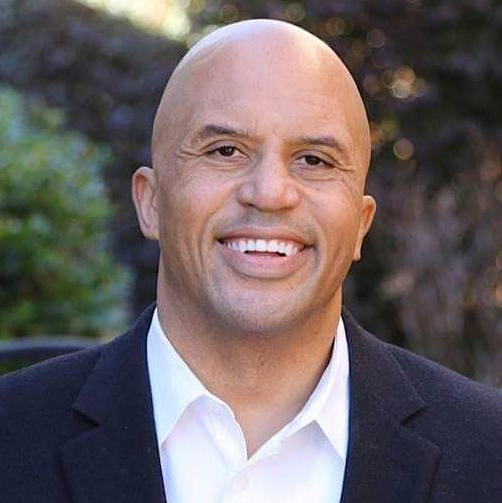Breaking down the four types of offers sellers may encounter.
I know that many sellers don’t understand the difference between different types of offers, so today I’ll discuss the four types that you need to know about and how to prioritize them:
1. Cash offers. Cash offers seem so great; there’s no financing involved, and your agent can ask for proof of funds that will let you know that your potential buyer actually has the money to purchase. In our market, we’re seeing purchases of up to $500,000, so it’s critical that your agent obtain the proof of funds.
2. Traditionally financed offers. Usually, these offers are financed by conventional, FHA, USDA, or VA loans, which can work great for you if your agent does their homework. Once those offers come in, your agent should request a pre-approval letter from everyone submitting an offer so that you’ll know if they’re all qualified. If you’re in a multiple-offer situation, it’s best to have all offers submitted by, say, Sunday evening so that on Monday, your agent can call all the buyers’ lenders and make sure they’re qualified. Many don’t realize that if the lender has already run a buyer through the underwriting process, then the loan is nearly as strong as an all-cash offer. That’s important to know because I’ve seen sellers accept lower cash offers instead of financed ones.
3. iBuyer offers. iBuyers are companies like Opendoor that place offers on homes. If you accept their offer, then they’ll have inspectors come out to look at the property. Generally, iBuyers reduce their offers after the inspection; if they offered you $300,000 upon going into contract, they might only end up offering you $260,000 after the inspection. iBuyer offers might seem great upfront, but they can be reduced, which could mean that good conventional offers move onto other properties.
4. Wholesale offers. Wholesalers are people from all different states who search for listings and try to find houses on which they can make a quick profit. Many of the houses they submit offers for are ones that need work or ones they feel are underpriced. They’ll usually submit a high offer, but they have no plans of actually purchasing that house. While they have you under contract for 30 to 60 days, they’ll look for someone to purchase the house from them so that they can make a profit without even owning the house. The problems occur when the wholesaler can’t find someone to buy the house—then they just back out of the deal. Normally, wholesalers don’t give a due diligence fee but rather just an earnest money fee. Keep an eye out for red flags from wholesalers.
If you have any questions about the kinds of offers there are or selling your home in general, please reach out to us. We’d love to help you.




